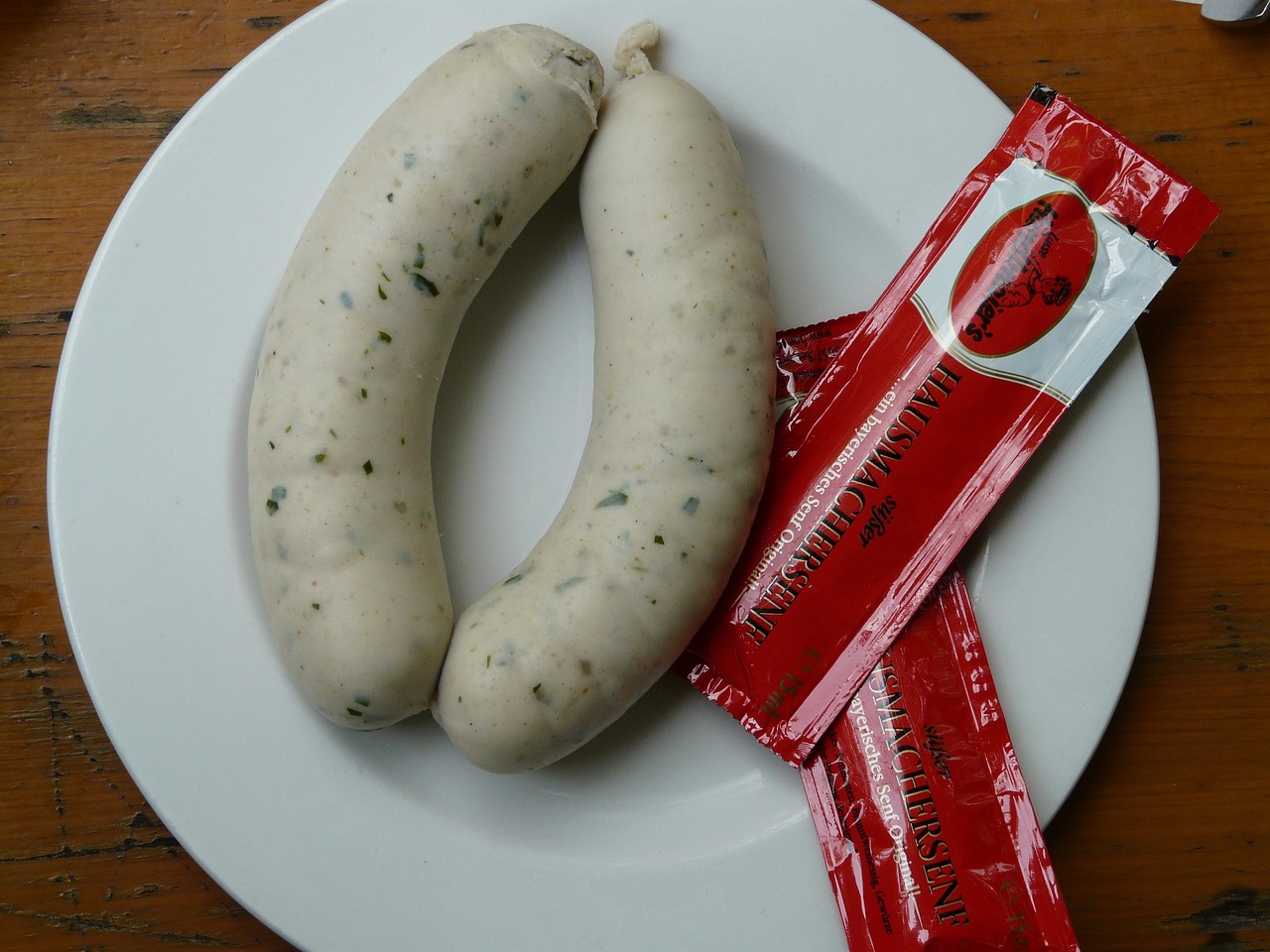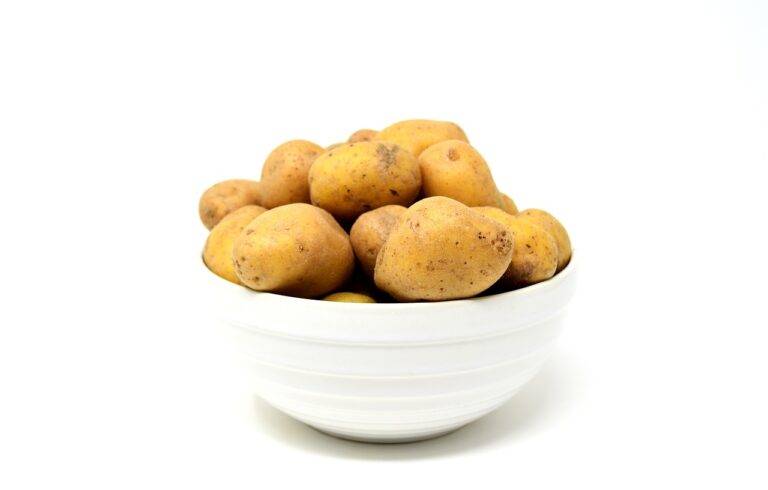Understanding the Link Between Diet and Microbiome Imbalance: 11xplay sign up, India 24 bet login, Skyinplay.com login
11xplay sign up, india 24 bet login, skyinplay.com login: In recent years, there has been growing interest in the connection between our diet and the balance of microorganisms in our gut, commonly known as the microbiome. Research has shown that what we eat has a significant impact on the composition of our gut bacteria, and this, in turn, can influence our overall health and well-being.
The microbiome is a complex ecosystem of trillions of bacteria, viruses, fungi, and other microorganisms that live in our gut. These tiny organisms play a crucial role in digesting food, regulating our immune system, and even producing certain vitamins and neurotransmitters. When the balance of our microbiome is disrupted, it can lead to a variety of health issues, including digestive problems, inflammation, and even mental health disorders.
So, how exactly does our diet affect the balance of our gut bacteria? Let’s take a closer look.
1. Fiber: The Foundation of a Healthy Microbiome
Fiber is a crucial nutrient that most of us don’t get enough of. It is found in fruits, vegetables, whole grains, nuts, and seeds, and it serves as food for the good bacteria in our gut. When we don’t consume enough fiber, these beneficial bacteria can starve, leading to an imbalance in the microbiome. This imbalance can result in digestive issues, inflammation, and a weakened immune system.
2. Probiotics and Fermented Foods
Probiotics are live bacteria and yeasts that are good for your health, especially your digestive system. They are found in fermented foods like yogurt, sauerkraut, kimchi, and kefir. Consuming these foods can help replenish the good bacteria in your gut and promote a healthy balance of microorganisms.
3. Sugar and Processed Foods
On the other hand, a diet high in sugar and processed foods can have a detrimental effect on the microbiome. These foods can feed harmful bacteria in the gut, leading to an overgrowth of potentially harmful microorganisms. This imbalance can contribute to a range of health problems, including obesity, diabetes, and chronic inflammation.
4. Antibiotics and Medications
Antibiotics are essential for treating bacterial infections, but they can also disrupt the balance of the microbiome. These medications kill off not only harmful bacteria but also beneficial ones, leading to an imbalance in the gut. It’s essential to use antibiotics only when necessary and to take steps to restore the balance of your microbiome afterward.
5. The Gut-Brain Connection
Research has shown that the gut and the brain are closely connected through a complex communication network known as the gut-brain axis. The balance of the microbiome plays a significant role in this connection, as the bacteria in our gut can influence our mood, behavior, and cognitive function. A healthy microbiome is essential for optimal brain health and mental well-being.
6. The Role of Lifestyle Factors
In addition to diet, several lifestyle factors can also impact the balance of the microbiome. Stress, lack of sleep, and sedentary behavior can all contribute to a disruption in the gut bacteria. Taking steps to manage stress, get enough sleep, and stay active can help support a healthy microbiome and overall well-being.
FAQs
Q: Can I improve the balance of my microbiome through diet alone?
A: While diet plays a crucial role in supporting a healthy microbiome, other factors like lifestyle, medications, and environmental exposures also play a role. It’s essential to take a holistic approach to gut health by addressing all aspects of your life that may impact the balance of your gut bacteria.
Q: How long does it take to restore the balance of the microbiome?
A: The time it takes to restore the balance of the microbiome can vary from person to person. Making dietary and lifestyle changes can lead to improvements in gut health relatively quickly, but it may take several weeks or even months to fully restore the balance of the microbiome.
Q: Are there supplements that can help support a healthy microbiome?
A: There are several supplements on the market that claim to support gut health by providing beneficial bacteria or other nutrients. While some people may benefit from these supplements, it’s essential to consult with a healthcare provider before adding any new supplement to your routine.
In conclusion, the link between diet and microbiome imbalance is a crucial area of research that highlights the importance of maintaining a healthy gut ecosystem. By focusing on a diet rich in fiber, probiotics, and whole foods, as well as addressing lifestyle factors that can impact the microbiome, you can support optimal gut health and overall well-being. Remember, a healthy microbiome is key to a healthy body and mind.







